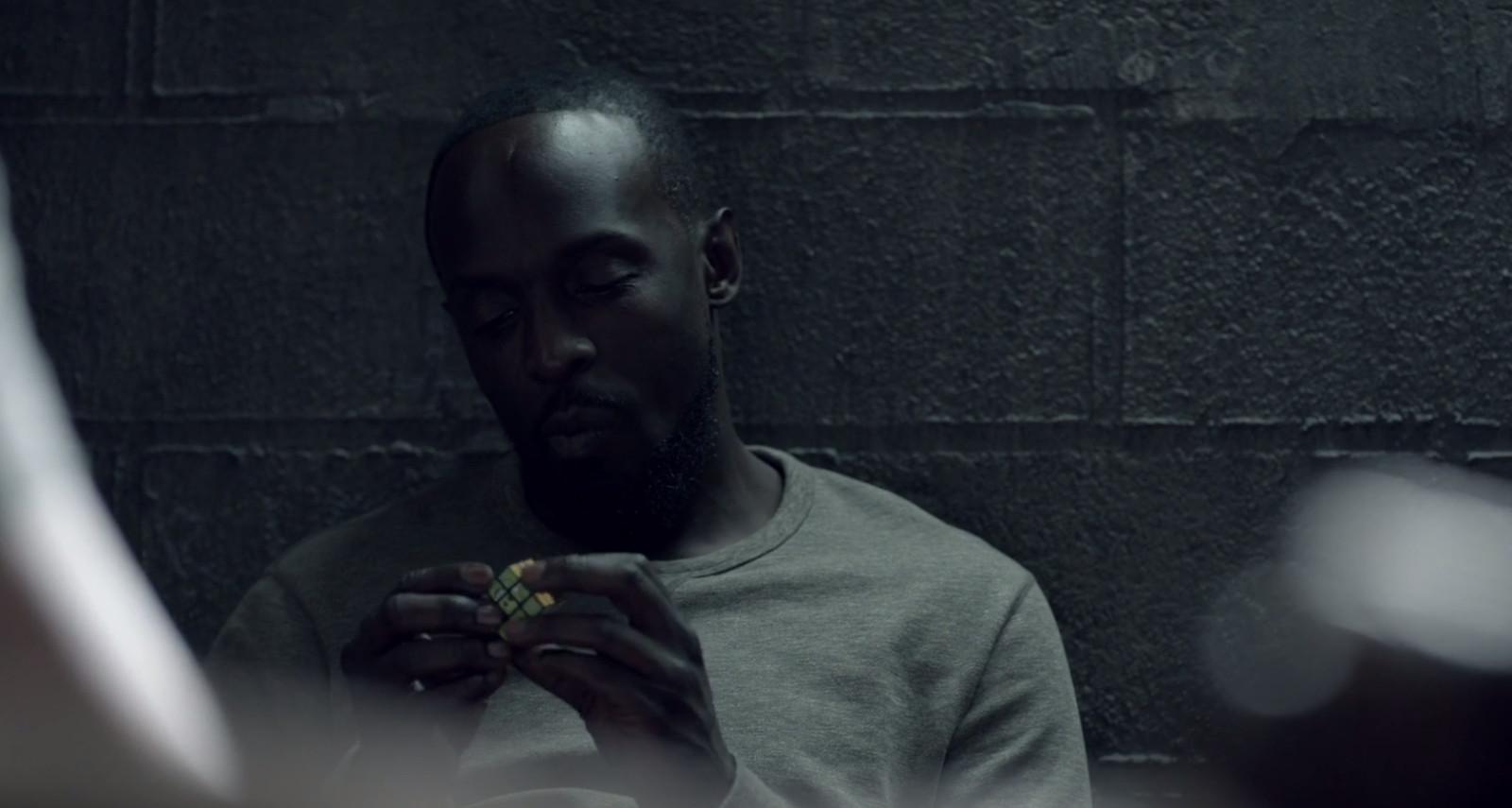
The Night Of finally blinked. At some point, this show was going to have to pump the brakes on all the perfectly calibrated dialogue, the off-kilter plot-pacing, the in-depth investigations into the social worlds of prisons and police precincts, and the idiosyncratic characters scratching their feet and feeding their cats. It was going to have to do what all crime shows eventually do: It was going to play Clue.
Consider it a testament to the quality of the first five episodes of this eight-episode season that the turn into Nancy Drew territory, to nick a line from John Stone, almost feels like a comedown. Much like how True Detective spent two-thirds of its first season hopping across time, hallucinating birds outside of burned out churches, and crossing all sorts of lines between cop and crook, only to confront a Spaghetti Monster at the end of the dream, The Night Of was always going to have to start looking for its murderer in earnest.
It is a crime show, after all, but it’s one that’s expanded and contracted the typical beats of a procedural. The characters on The Night Of’s lives exist outside of the mystery at the heart of the story. John Stone can be elated that his feet have been magically cured of eczema, even as his client’s big day in court has arrived, and his partner in defense is dealing with personal and professional crises. Naz Khan can find a family in prison, even as his biological family falls apart trying to get him out of there. Life is messy. It doesn’t always sync up.
Every time you thought you knew an archetypal character on this show, just based on their superficial beats, you were wrong. John Stone is a reboot of Frank Galvin in The Verdict. But then he adopts that damn cat. Naz Khan is a lost little lamb, and then he is getting a wolf tattooed on his arm. The ink comes from a melted chess piece; he is absorbing the rules of the game. What about Freddy? Is he using Naz as a drug mule? Does he really want a protégé? Just someone to get high with? Maybe he just wants to know, like we all do, did Naz even like his life out there?

Every time we get a fix on what this show is about, the certainty fades away, or delightfully bleeds into a dozen other things. The post-9/11 immigrant experience? Sure, but not only. A study of how the systems that are supposed to keep us safe can easily be turned against us, or destroy us? Yes, and more. Something about the malleability of personal narratives, and how our protagonist can be both a good son and helpful tutor to others, but also a disaffected youth prone to violent outbursts? How about some noir chestnuts like “nothing is what it seems”? Yes, but more. So much more.
That’s why there was a little record skip in my head when Episode 6 spent so much time on the “crime” part of “crime fiction.”
So, who done it? Maybe it was Mr. Day, the Bible-quoting, woman-hating hearse driver who apparently went to the Arthur Leigh Allen school of suspect interviews (always good to quote scripture when you’re being pressed about whether someone deserved to die. Very subtle). Or maybe it was Don Taylor, friend of the gray lady, lothario physical trainer, he who played it oh-so-cool when Detective Box interviewed him in the beginning of the season. Maybe it was Duane Reade! Or maybe he’s somewhere, in a Manhattan Rite Aid.
Maybe one of them did it. Maybe it was Naz. I don’t really think the show is about a murder. The murder is almost incidental; it’s the incident that brings these people together. To look at cops, there needs to be a crime. To look at prisons, someone needs to go to jail. To look at the legal system, someone needs to take the case. To look at Chinese herbalists, someone needs to have a skin condition. Great crime fiction uses crime as the excuse to talk about lots of other things. But even great crime fiction has to reckon with its crime eventually.
I keep going back to a passage in the Richard Price’s essential New York novel, Lush Life. The book begins, much like The Night Of, with a late evening on the streets of New York. A team of undercover quality-of-life cops are looking for a crime before it’s committed; they are like Minority Report precogs, sitting in a taxi cab, busting each other’s balls, and pulling people over for broken taillights. Price, who cocreated The Night Of with Steve Zaillian, goes on this magical run:
The crime takes shape in the last sentence, but you can tell where Price’s attention lies. That maze of possibility and tragedy; monotonous consumerism and institutional control smashing against relentlessly expressive individuals; a labyrinth where you can be whatever you want, if only you could just make it through the goddamn day, and through the night. New York: this is the real mystery of The Night Of. Who are you when you are in New York? Who are you on this corner, in that apartment, in this cab, on that river bank, in this interrogation room, in that cell. What could you be, if you got what you needed?
Those are hard questions for television to ask, much less answer. I adore The Night Of for trying. Maybe it’s just easier to ask, Who killed Andrea Cornish?
Disclosure: HBO is an initial investor in The Ringer.

